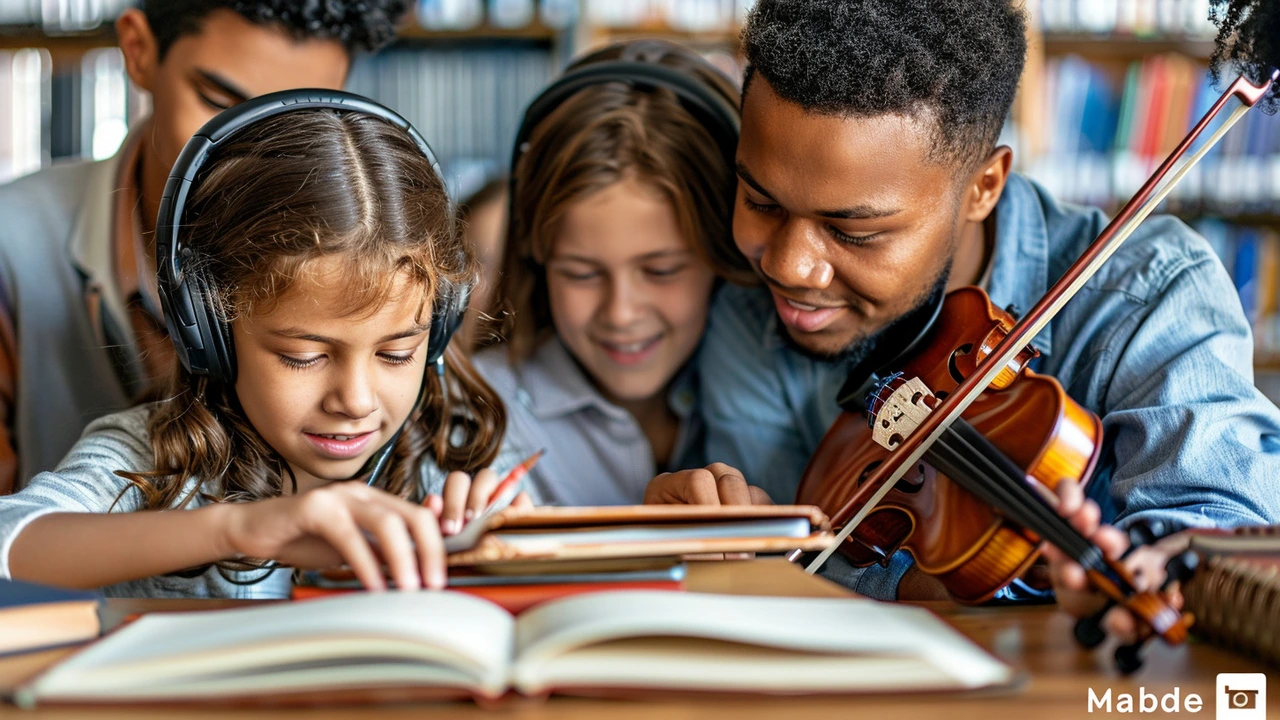The Unwavering Appeal of Classical Music in Modern Times
In the hustle and bustle of the 21st century, one might wonder how classical music, with its complex compositions and centuries-old origins, retains its significance and appeal. Yet, this very genre continues to captivate and inspire audiences around the world, proving its timeless nature and relevance in today's society. At its core, classical music speaks to the human condition, conveying emotions and stories that resonate across generations. Its intricacies and nuances invite listeners to embark on a journey of discovery, where each piece serves as a window into the past, while still reflecting universal themes that are pertinent today.
The power of classical music to stimulate the mind cannot be overstated. Numerous studies have demonstrated the positive effects it has on cognitive development and mental acuity. The so-called 'Mozart effect'—a term coined by researchers—to illustrate how listening to classical compositions can temporarily enhance one's spatial-temporal reasoning abilities, is just one example of the profound impact this genre can have. Beyond cognitive benefits, classical music offers a sanctuary for emotional exploration and healing, allowing listeners to experience a spectrum of emotions through its melodies and harmonies.
Bridging Generations and Cultures
Classical music transcends time and geography, breaking down barriers between people of different ages and cultures. Its universal language has the capacity to unite diverse audiences, creating a shared experience that fosters empathy and understanding. Contemporary musicians and composers are continuously expanding the classical repertoire, incorporating elements from various musical traditions and innovating within the genre to reflect the globalized world we live in. This dynamic evolution ensures that classical music remains relevant and accessible to new generations, who bring their own interpretations and responses to the music.
Moreover, the integration of classical music into popular media—such as film scores, television soundtracks, and even video games—has played a significant role in its enduring appeal. Iconic compositions by Bach, Beethoven, and other masters often serve as the emotional backbone of cinematic masterpieces, enriching storytelling and enhancing the viewer's experience. The ability of classical music to evoke deep emotions and create atmospheric depth showcases its versatility and unparalleled expressive power.
The Role of Technology in Classical Music's Resurgence
Advancements in technology have revolutionized the way we access and experience classical music. Streaming services, social media, and digital platforms have made it easier than ever to explore the vast repertoire of classical compositions, from baroque to contemporary works. This democratization of access has contributed significantly to the genre's resurgence, allowing people from all walks of life to discover and fall in love with classical music. Virtual concerts and digital archives have also opened up new avenues for experiencing live performances, making it possible for audiences worldwide to connect with orchestras and musicians in unprecedented ways.
Furthermore, technology has played a pivotal role in the preservation and study of classical music. High-quality recordings and digital restorations of historical performances offer valuable insights into the interpretation and execution of classical pieces throughout history. This wealth of resources not only enriches our understanding of the genre but also inspires musicians and composers to innovate and experiment within the classical tradition. As we continue to navigate the digital age, the fusion of classical music and cutting-edge technology promises to bring about exciting developments and new forms of engagement with this enduring art form.

